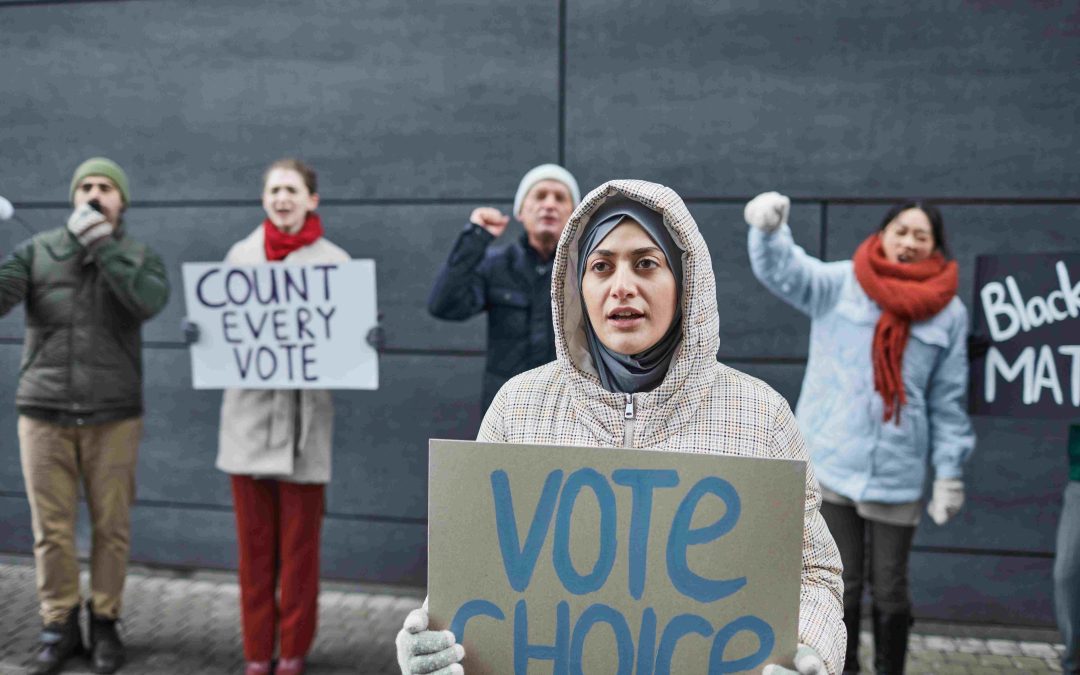In my book, the Soul of Adolescence Aligns with the Heart of Democracy, I discuss how the assets of adolescent nature align with the demanding work of reforming the deficiencies inherent in our governance. I cite examples of how our generation arising is a discarded generation, which has seen their life expectancies decline, financial opportunities shrink, and prospects for living on a safe and sustainable planet become subject to seemingly insurmountable challenges and potential cancellation. The youth will always be agents of change.
Young minds are great story tellers and will always be great agents of change in every society.
By rising to these challenges, our national and locally based teen leadership has had ‘by necessity, to explore and experiment’ with evolving forms of possibility. Black Lives Matter leaders have helped those unaware of unconscious dispositions for prejudice discover their inner demons of racialized fears. Young proponents in the Sunrise Movement have mobilized opposition to partial and inadequate environmental solutions and moved elected officials to take the threat of extinction more seriously. In New York City, high school student leaders from the Public Agenda/Youth Agenda Collaborative have examined the deficits of educational practice by drafting proposed interventions and then meeting with Department of Education representatives. The Youth Agenda teen leaders are partners in what Harry Boyte ( Tikkun Magazine) celebrated as “ a fourth populist movement whose centerpiece is civic agency – with the development of creative powers and social intelligence to address our collective challenges, to build healthy communities, and to create sustainable democracies.”
In the context of our current problem-solving challenges, teen leaders have, as suggested by the National Council of Social Studies, ‘assumed the roles of our nation’s historical leaders by rejecting apathy and adopting agency. Democratic citizens relish agency and exercise their power to alter and reshape institutions. By wearing the hats of responsible democratic leadership and joining hands with like-minded civic allies, teen leaders have become stewards for our communities and navigators toward just and sustainable futures.
We, the members of the older generation, Boomers et al., need to adopt methods of co-mentoring in which we collaborate with teen leaders as equals, communicate with empathetic listening, and mutually validate their perspectives and the value of shared outcomes.
We need to implement a practice of poetic profiling, by which we all benefit, as suggested by futurist Marilyn Ferguson, “ appreciating the perspective of the outsider, seeking a fusion of heart and mind, better ways of self-expression, and allowance for the intensity of thought and action”, so that we find a way out of restrictive regression and remaining prisoners to governance from the grave.


Trackbacks/Pingbacks